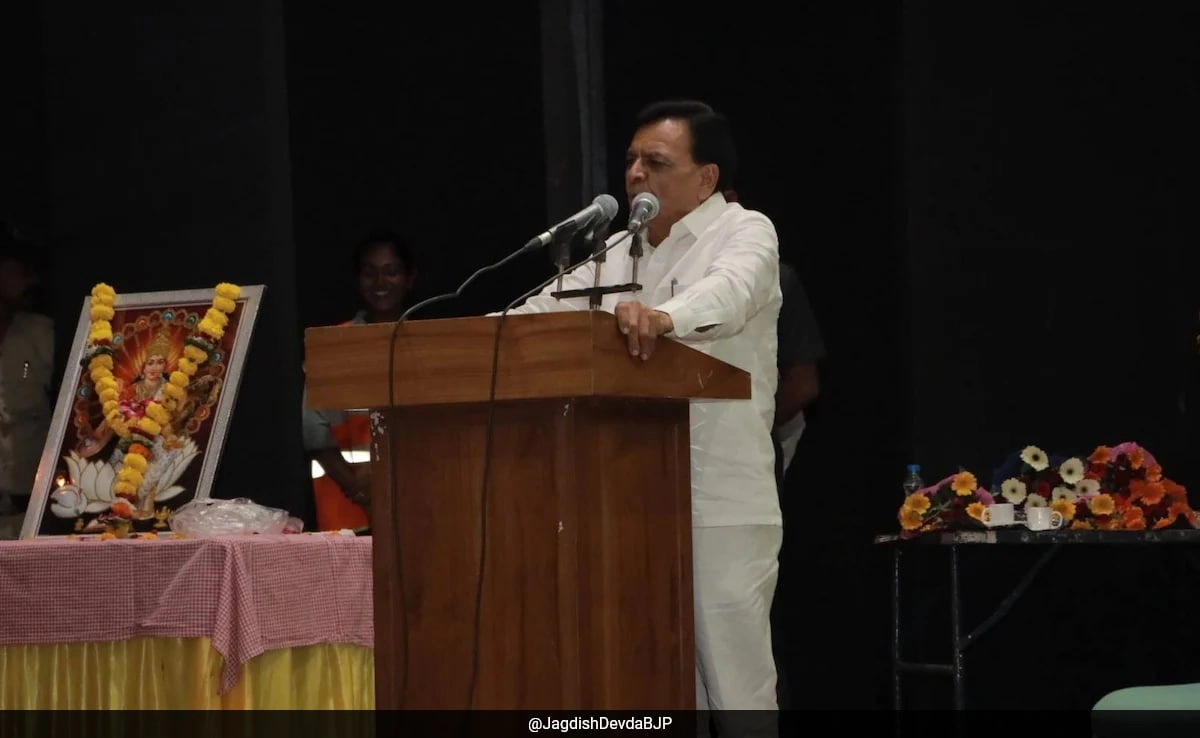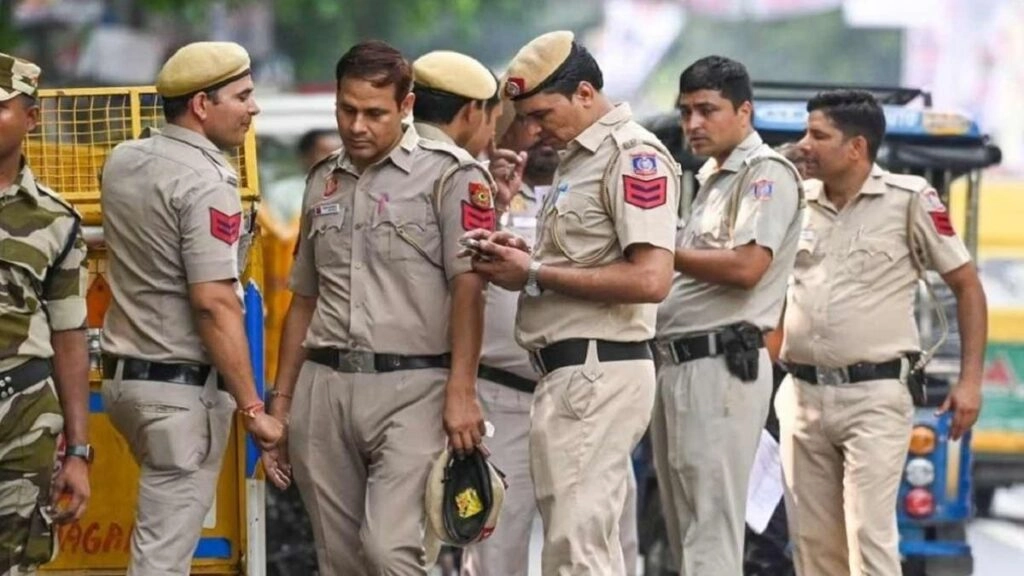The recent developments following Operation Sindoor have introduced a concerning element to the already complex landscape of security in India. The emergence of a group identifying itself as ‘Al Qaeda India’ raises significant questions about the motivations and future implications of such a declaration. This group’s self-proclaimed existence hints at a potential shift in the operational strategies of extremist organizations within the region, particularly as they seek to exploit local grievances and social tensions. The timing of this announcement could be interpreted as a strategic move to capitalize on the ongoing unrest and dissatisfaction among various demographics in India.
The implications of a group like ‘Al Qaeda India’ are multi-faceted. Firstly, it could signify an attempt to broaden the base of jihadist ideology by linking it with local issues, thereby attracting recruits who might otherwise not engage with global jihadist narratives. This fusion of local and global grievances could create a more complex threat landscape, where traditional security measures may fall short. The call to action from such groups can incite violence, incite communal tensions, and destabilize regions that are already fraught with socio-political strife. Additionally, this type of extremism often thrives on narratives of victimhood and polarization, making it crucial for the Indian state to address the underlying issues that can be manipulated by extremist ideologies.
Moreover, the government’s response to this new threat will be critical. A heavy-handed approach could potentially alienate communities and drive individuals towards extremism, while a more nuanced strategy that addresses grievances could help to quell the appeal of such groups. Ensuring cooperation among different security agencies, enhancing intelligence capabilities, and fostering community engagement are essential steps in countering the narratives propagated by ‘Al Qaeda India.’ The government’s ability to navigate this situation delicately could determine not only the immediate security landscape but also the long-term stability of regions vulnerable to radicalization.
As we analyze this evolving situation, it is imperative to remain vigilant and proactive. Understanding the motivations behind the emergence of groups like ‘Al Qaeda India’ allows for a more strategic response to potential threats. The challenge lies not just in countering violence, but also in addressing the socio-economic and political factors that contribute to radicalization. By fostering dialogue, promoting inclusivity, and addressing local grievances, India can work towards diminishing the allure of extremist ideologies and ensure a more secure future for its diverse populace.




